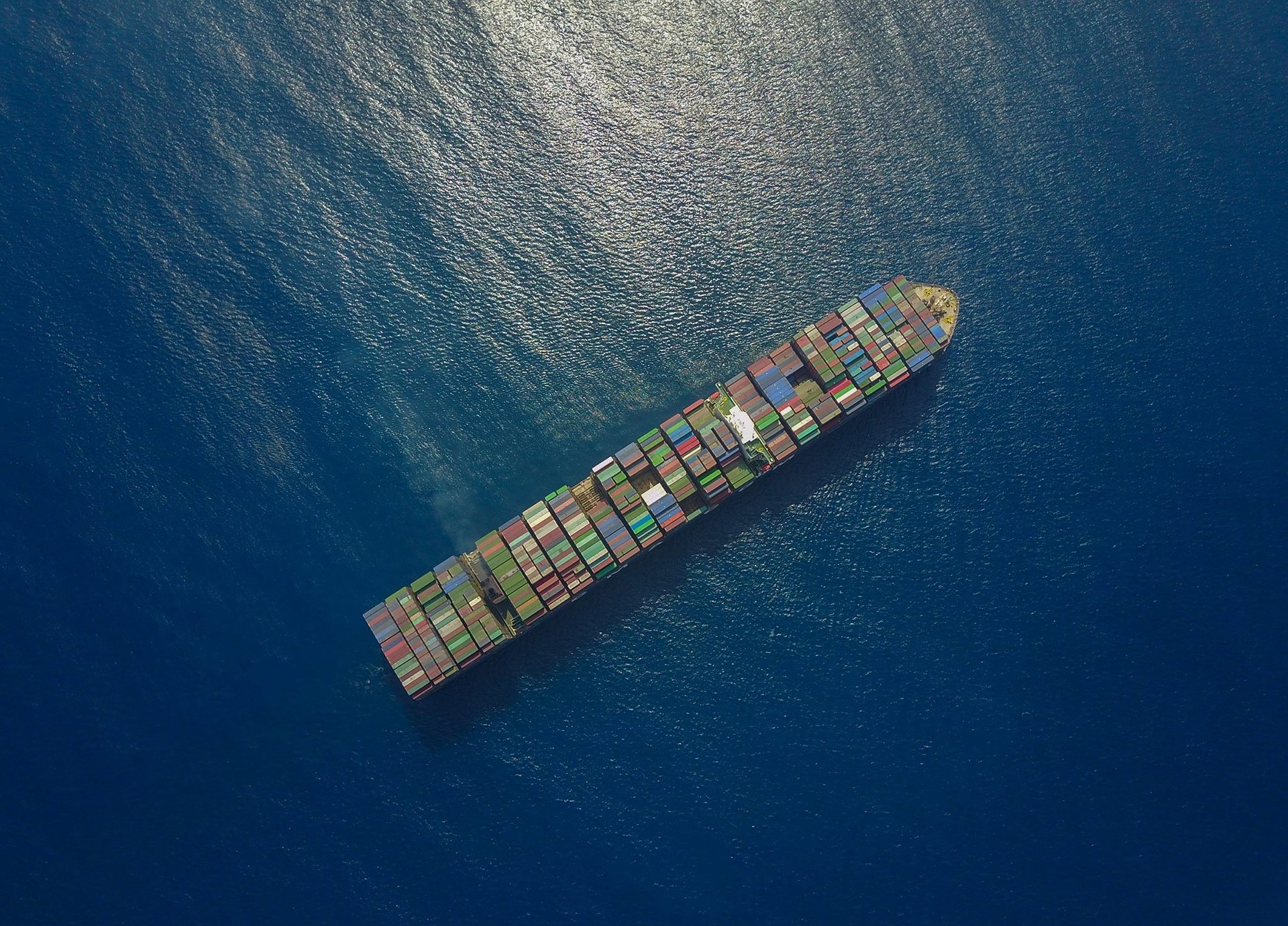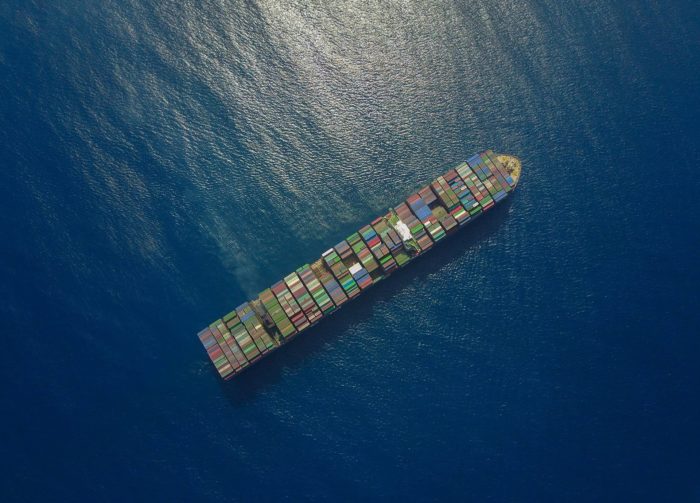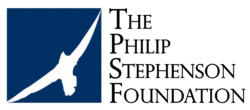
Plenary Deep Dive — High Seas: Shared Stewardship for Our Global Ocean
Covering two-thirds of our ocean, the high seas belong to everyone and are governed by no one. Defined as 200 nautical miles from any country’s shore, the high seas exist beyond any nation’s jurisdiction but are traveled and used every day by people around the world and are home to an incredible variety of life including abundant fisheries, migratory whales, sharks, sea turtles and more. They harbor important, productive ecosystems that provide essential services to our planet. Yet, less than one percent of the high seas are highly protected and challenges posed by climate change, overfishing, shipping, plastic pollution and deep-sea mining are growing threats. With no clear authority in place to enforce laws, problems are magnified.
These distant waters, which make up more than 60 percent of the ocean, are ours collectively to manage, govern, and care for. With most of our ocean made up by the high seas, it is our responsibility to act urgently and cooperatively to protect it.
Without a governance system, the high seas have suffered. The United Nations are negotiating a high seas treaty that would address sustainable management and biodiversity conservation and establish a Marine Protected Areas (MPAs) network for their protection. A final negotiating session determining this agreement was scheduled to take place in March 2020 but was postponed due to the COVID-19 pandemic. If signed, this treaty would be the first agreement in more than 40 years that addresses biodiversity and protection of the high seas.
 Join Capitol Hill Ocean Week’s High Seas: Shared Stewardship of the Ocean plenary, sponsored by The Philip Stephenson Foundation, for a high-level discussion on the importance of protection of the high seas and explore a path forward in governing these waters globally. Martin Koehring, Head of the Economist Group’s World Ocean Initiative will moderate the panel that includes Ambassador David A. Balton of the Woodrow Wilson Center’s Polar Institute, Kristina Gjerde of the International Union for the Conservation of Nature (IUCN), Peggy Kalas of the High Seas Alliance, Ambassador Michael Imran Kanu of the Republic of Sierra Leone Permanent Mission to the United Nations, Sophie Mirgaux, Belgium’s Special Envoy for the Ocean, and Callum Roberts of the University of York.
Join Capitol Hill Ocean Week’s High Seas: Shared Stewardship of the Ocean plenary, sponsored by The Philip Stephenson Foundation, for a high-level discussion on the importance of protection of the high seas and explore a path forward in governing these waters globally. Martin Koehring, Head of the Economist Group’s World Ocean Initiative will moderate the panel that includes Ambassador David A. Balton of the Woodrow Wilson Center’s Polar Institute, Kristina Gjerde of the International Union for the Conservation of Nature (IUCN), Peggy Kalas of the High Seas Alliance, Ambassador Michael Imran Kanu of the Republic of Sierra Leone Permanent Mission to the United Nations, Sophie Mirgaux, Belgium’s Special Envoy for the Ocean, and Callum Roberts of the University of York.
Mark your calendars for Tuesday, June 9 from 1:30 PM – 2:30 PM EST to join the conversation at capitolhilloceanweek.org.


